POV Chronicles Mothers Fighting Back as Radioactive Water Sparks a Deadly Crisis in Mexico’s Heartland in The Age of Water
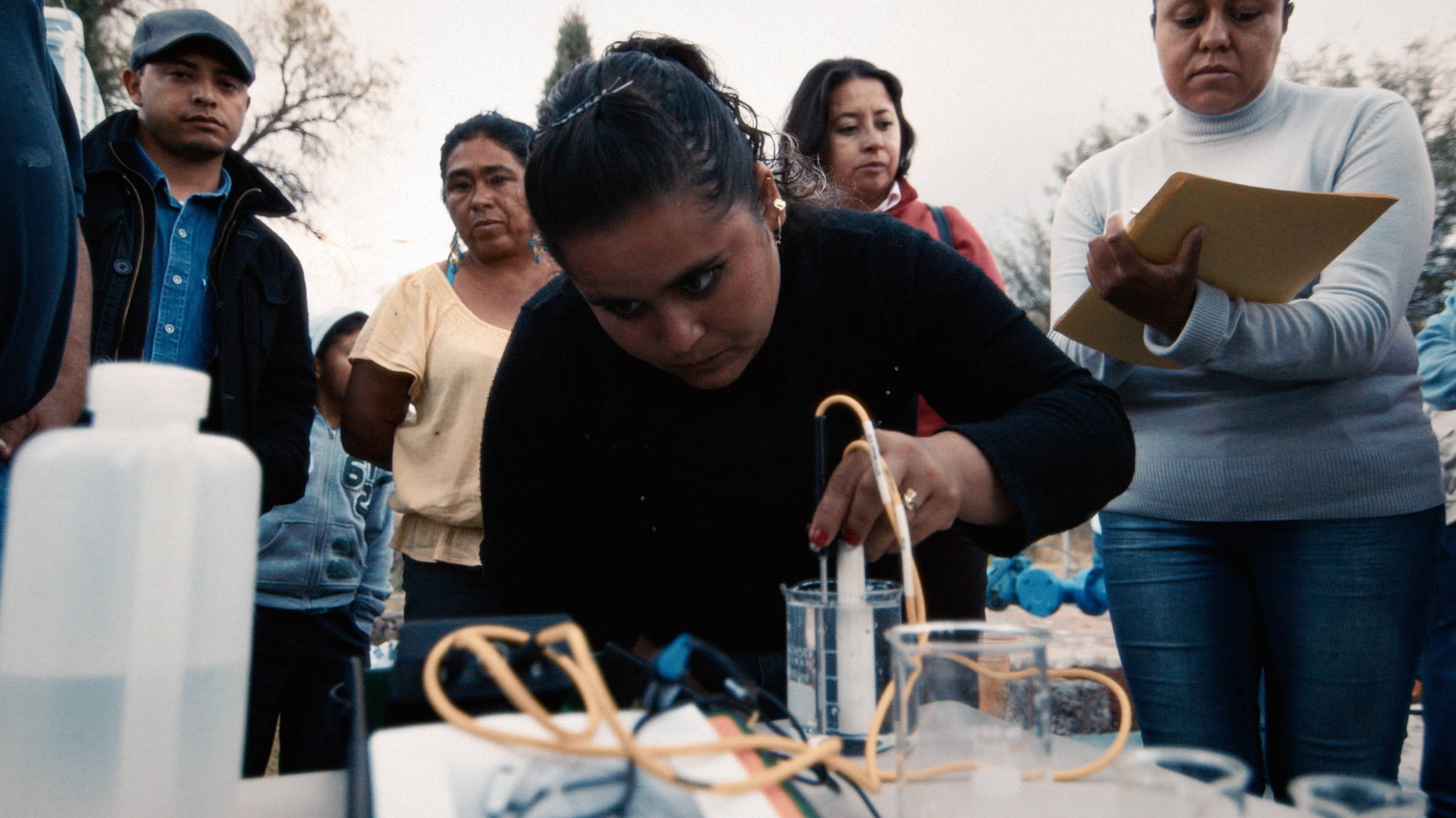
Overview
Directed by Isabel Alcántara Atalaya and Alfredo Alcántara, THE AGE OF WATER premieres Monday, September 8, 2025, at 10pm on PBS in Recognition of Environmental Awareness Month & streaming on the PBS App through December 7, 2025
Download Press Photos • #AgeOfWaterPBS
Brooklyn, N.Y. — August 12, 2025 — POV, the multi-Emmy® and Peabody Award-winning documentary, presents The Age of Water, the revealing debut feature from sibling co-directors Isabel Alcántara Atalaya and Emmy®-winning producer and cinematographer Alfredo Alcántara. Produced by acclaimed Emmy®-nominated filmmakers Michèle Stephenson and Joe Brewster (American Promise, Going to Mars: The Nikki Giovanni Project, The Changing Same), along with Lindsay Perna, co-produced and co-presented by Latino Public Broadcasting (LPB), the documentary investigates the devastating health and environmental consequences of industrial farming in central Mexico. What unfolds is a story of resilience, conviction, and the lies we tell ourselves about the world’s dwindling natural resources.
After an acclaimed world premiere at the Morelia Film Festival, The Age of Water will have its national broadcast premiere on POV Monday, September 8, 2025, at 10pm (check local listings) on PBS, in recognition of Environmental Awareness Month. It will stream on PBS.org and the PBS App, and the PBS YouTube Channel through December 7, 2025. Now in its 38th season, POV is the longest-running nonfiction series.
Set in La Cantera, a remote town in Guanajuato, Mexico, that has become deeply tied to the global economy since the passing of the North American Free Trade Agreement (NAFTA) in the mid-1990s. The Age of Water follows two mothers, Nely Baeza and Elia Zarazua, whose lives are upended when three children die from an aggressive form of leukemia within a single year. In response, they transform from ordinary citizens into determined activists, form the civil group MAYOYE— named after the initials of their deceased children—and begin investigating the source of the epidemic.
With the support of Dr. Adrián Ortega, a hydrogeologist from Mexico City, they learn to test local wells and uncover a shocking truth: radioactive contamination in the groundwater, levels four times higher than normal, linked to ancient aquifers drained by industrial farms growing water-intensive crops such as strawberries, broccoli, and asparagus for export to the United States. Due to the region’s lack of rainwater, the farm's heavy reliance on groundwater is a long-term health risk to residents.
As the mothers of MAYOYE organize, confront officials, stage rallies, and expose environmental racism, they face fierce backlash, community divisions, and government denial, reflecting a broader pattern of repression against environmental defenders across Latin America.
Directors Isabel Alcántara Atalaya and Alfredo Alcántara’s multi-year relationship with the film’s participants allows for an intimate look into the struggles of hyper-local community organizing in the face of government and corporate denial. In addition to earning the trust of the community organizers, the filmmakers gain surprising access to the office of Humberto Navarro, the cowboy-hat-wearing government appointee who denied the contamination claims. Despite his open condescension toward the film’s protagonists, his participation in multiple interviews reveals his trajectory as Water Commissioner of the region. The result is a compelling portrait of environmental injustice—and the courage it takes to confront it.
La Cantera’s story resonates far beyond Mexico. The Age of Water draws parallels to lowering water tables in California’s Central Valley, Southern Arizona, and the American Midwest. Unchecked corporate practices and global trade agreements have pushed communities around the world to the urgency of the fight for clean, safe water.
“My sister Isabel and I grew up in Mexico, just a few miles from La Cantera, which is the setting of the story. Since we were kids, we’ve seen how industry has ruined so much of the natural environment around our home,” said co-director Alfredo Alcántara. “When we met the group of women in the film, we were immediately inspired by their journey to find answers, and we felt a sense of responsibility to share their story. We hope this film is a wake-up call for other communities to safeguard their natural resources before it’s too late.
“Having our film broadcast on POV is such an amazing feeling. We grew up watching public television, and we’re now part of a community of really impactful documentaries. We feel so honored to be included. Public television is one of those resources that you can easily take for granted. But when we stop to think about it, it touches every part of our lives. Whether we’re looking to be educated on something new or need to relax at the end of a stressful day, it’s always there when we need it. We hope that access to this extremely valuable resource is available for generations to come.”
“Brother and sister directing team Alfredo Alcántara and Isabel Alcántara Atalaya’s film, The Age of Water, sheds light on a community’s relationship with our most essential resource,” said Chris White, Executive Producer, POV. “We are reminded that access to clean water is not only vital, but a measure of equity, resilience, and survival. Public media is proud to showcase a film that boldly uncovers the injustice around access to clean resources and demands more active environmental stewardship from those who hold power.
“We’re so pleased to be partnering with POV on this important and moving documentary,” said Sandie Viquez Pedlow, executive director of Latino Public Broadcasting. “It’s films like this – that take us to a place we’ve never been and tell a remarkable story we otherwise might never know about – that remind us of the extraordinary value of our nation’s public media.”
The Age of Water is a co-production of Rada Studio, in association with Latino Public Broadcasting. The directors are Isabel Alcántara Atalaya (How Dogs Got Their Shapes) and Alfredo Alcántara (Duke and the Buffalo). The producers are Michèle Stephenson (Stateless), Joe Brewster (Going to Mars: The Nikki Giovanni Project), and Lindsay Perna (Glad You Asked). Associate producers are Karem Orrego (Going to Mars: The Nikki Giovanni Project), Deanna Urciuoli (The Other Woman), and Daniela Silva Solórzano (The Things I Tell You). The cinematography is by Alfredo Alcántara. The film is edited by Lawrence Jackman (A Better Man) and Clementina Mantellini (Jezabel). Music is composed by Ben Fox (One of Ours). Sound design is by Odin Acosta (Guillermo del Toro’s Pinocchio) and sound editing by Valeria de la Fuente (Sobre las olas). Visual effects are by Craig Waxman (Night Moves).
Download The Age of Water photos.
Click The Age of Water - Press Kit to access the festival press notes.
Credits
Directors: Isabel Alcántara Atalaya, Alfredo Alcántara
Producers: Michèle Stephenson, Joe Brewster, Lindsay Perna
Associate Producers: Karem Orrego, Daniela Silva Solórzano, Deanna Urciuoli
Cast/Participants: Nely Beza, Elia Zarazua, Dr. Marcos Adrián Ortega Guerrero, Humberto Navarro, members of MAYOYE, residents of La Cantera
Cinematographer: Alfredo Alcántara
Editors: Lawrence Jackman, Clementina Mantellini
Music: Ben Fox
Sound Design: Odin Acosta
Sound Editing: Valeria de la Fuente
Visual Effects: Craig Waxman
Languages: Spanish with English subtitles
Countries: Mexico, USA
Year: 2024
About the Filmmakers
About the Filmmakers
Alfredo Alcántara, Co-director, Cinematographer, The Age of Water
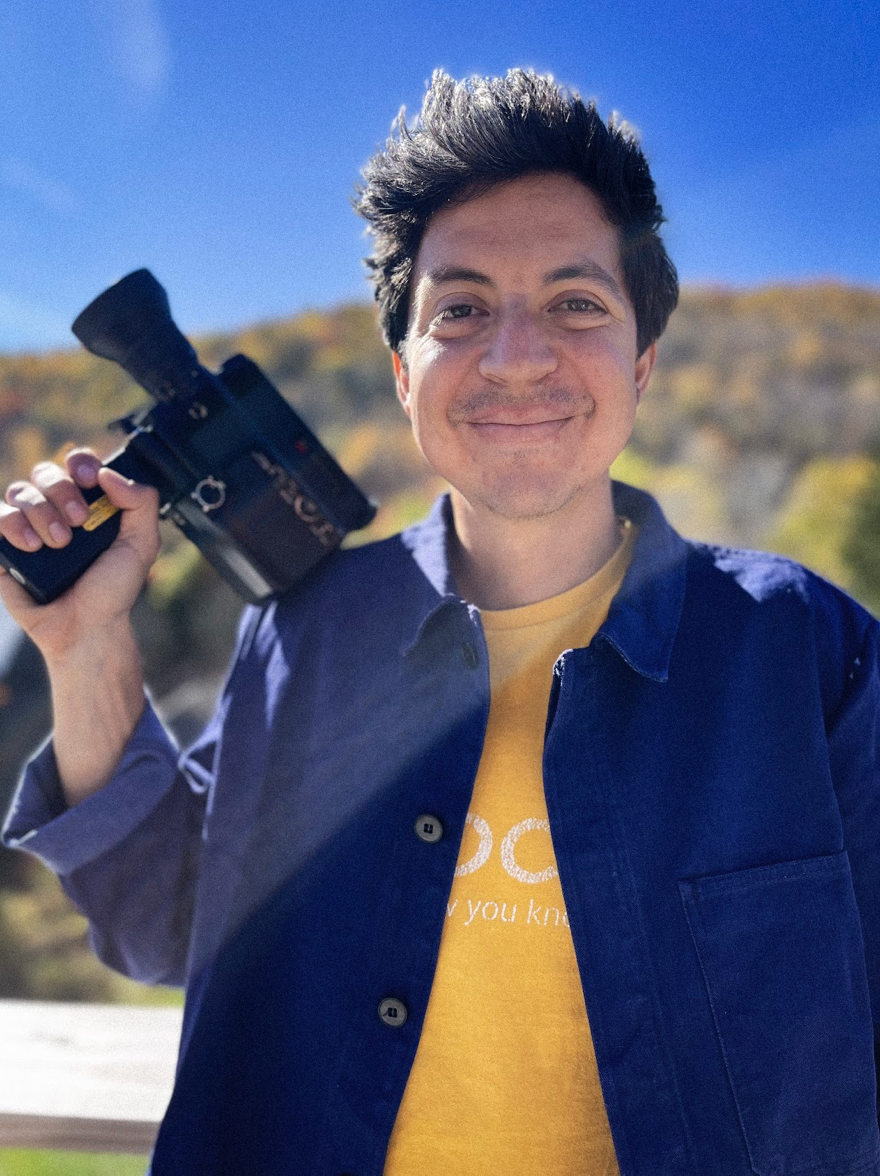
Alfredo Alcántara is an Emmy®-winning producer and cinematographer based in New York. His camerawork is featured in the documentary American Promise (Sundance Film Festival, Jury Award 2013) and the documentary Stateless (Tribeca Film Festival 2021). In 2020, while working as a CNN producer, he was awarded an Emmy® for No Olvidado a documentary series he directed, shot, and edited that follows a group of Mexican-American volunteers in search of missing migrants on the Arizona borderlands. Alfredo is a graduate of Tisch School of the Arts, where he completed a BFA in Film & Television Production.
Isabel Alcántara, Co-director, The Age of Water
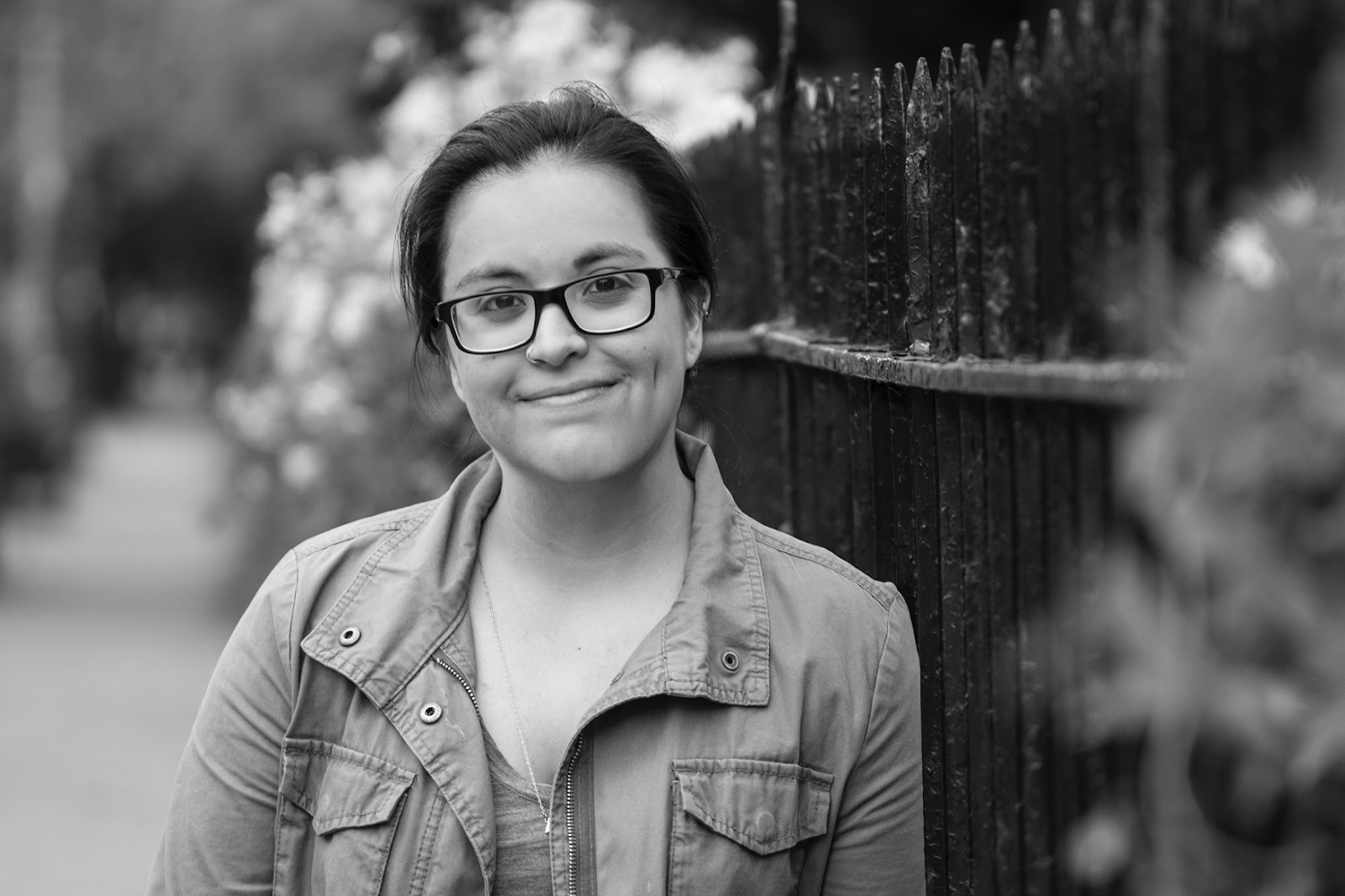
Isabel Alcántara is a Mexican producer and director with a background in journalism. She was part of Chicken & Egg Pictures’ inaugural Accelerator Lab, was a 2017 BAVC MediaMaker, a 2018-2019 Firelight Doc Lab Fellow, and an International Women in Media grantee. She has written, shot, and directed content for online publications such as The Outline, Slate, Paper, and the GLAAD Award-winning queer platform, Autostraddle. Recently, she has produced NY Emmy® Award-winning hyperlocal social justice content, including #BHeard Town Hall: Voting in Brownsville and #BHeard Docs: Los Deliveristas for BRIC Arts Media, Brooklyn’s legacy arts and communications hub. She was also the showrunner for BRIC Radio’s flagship modern arts podcast Glitter and Doom. Currently, she is a managing producer at Condé Nast Entertainment.
Michèle Stephenson & Joe Brewster, Producers, The Age of Water
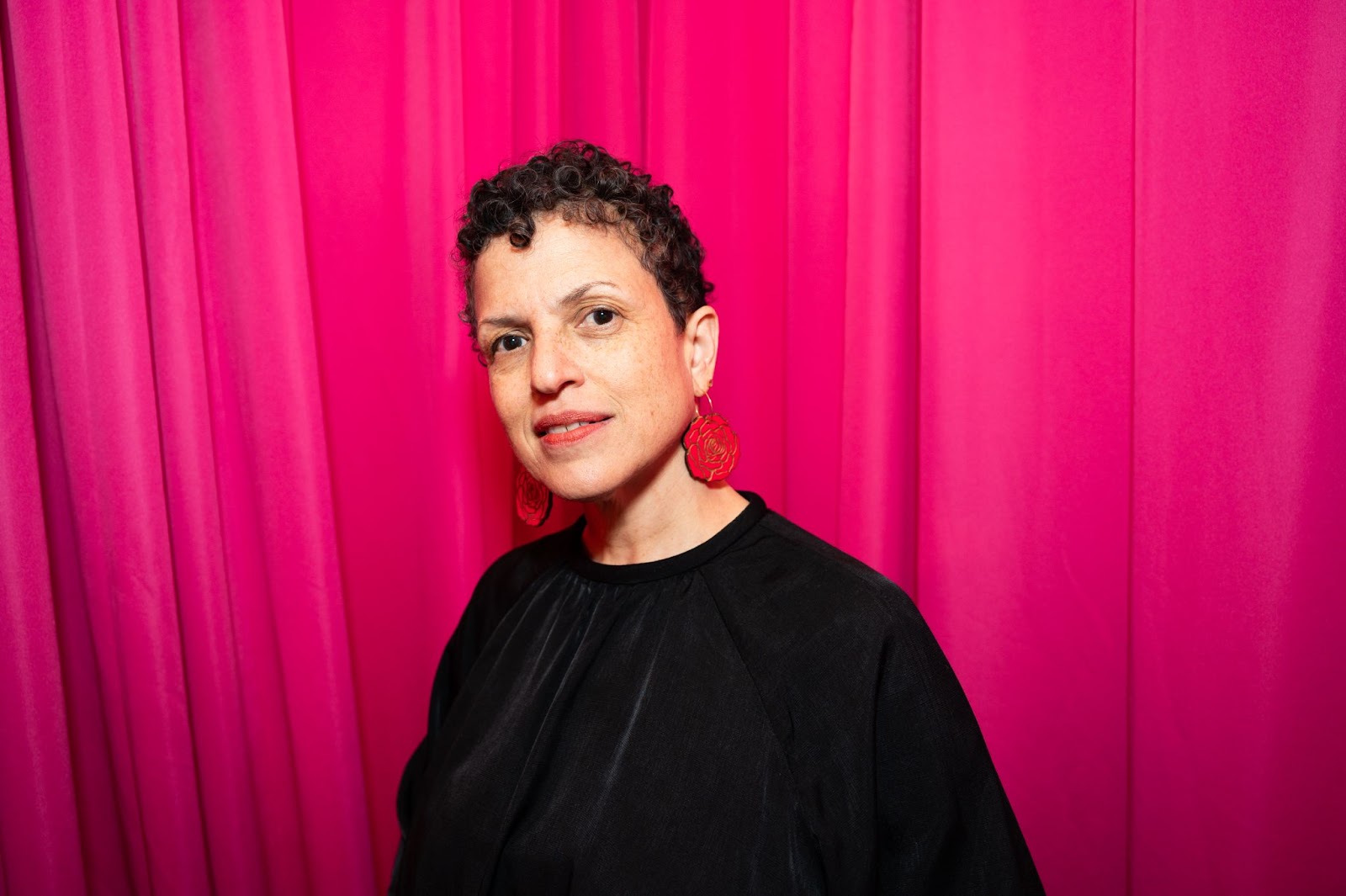
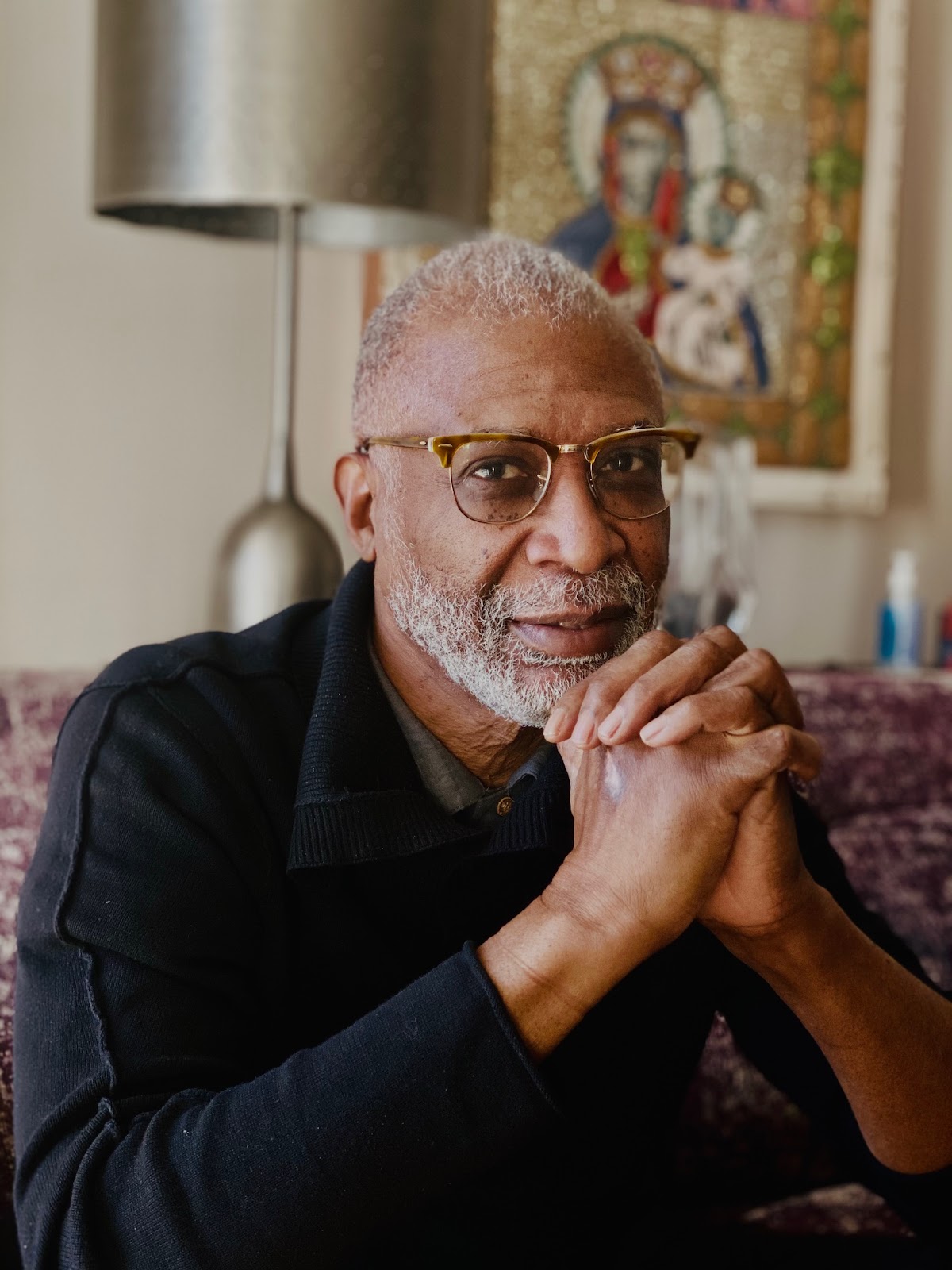
Joe Brewster and Michèle Stephenson are life partners and a creative filmmaking team who founded Rada Studio in 2006 with a mission: to think radically about storytelling and disrupt the imaginary in non-fiction spaces. They tell compelling, deeply personal stories created by, for, and about Black and Brown communities that reimagine storytelling and its impact. Stephenson and Brewster’s feature documentary, Going To Mars: The Nikki Giovanni Project, won the 2023 Sundance US Documentary Grand Jury Prize, and American Promise won the Jury Prize at Sundance in 2013. Their magical realist virtual reality trilogy series, The Changing Same, premiered at the Sundance Film Festival and won Best Immersive Narrative Story at the Tribeca Festival. The project was also nominated for an Emmy® in the Outstanding Interactive Media Innovative category, their fourth project to be Emmy®-nominated. Brewster has been a Spirit Award Nominee, and Stephenson is a Creative Capital Artist. Both filmmakers are Guggenheim fellows and members of the Academy of Motion Picture Arts and Sciences.
Lindsay Perna, Producer, The Age of Water
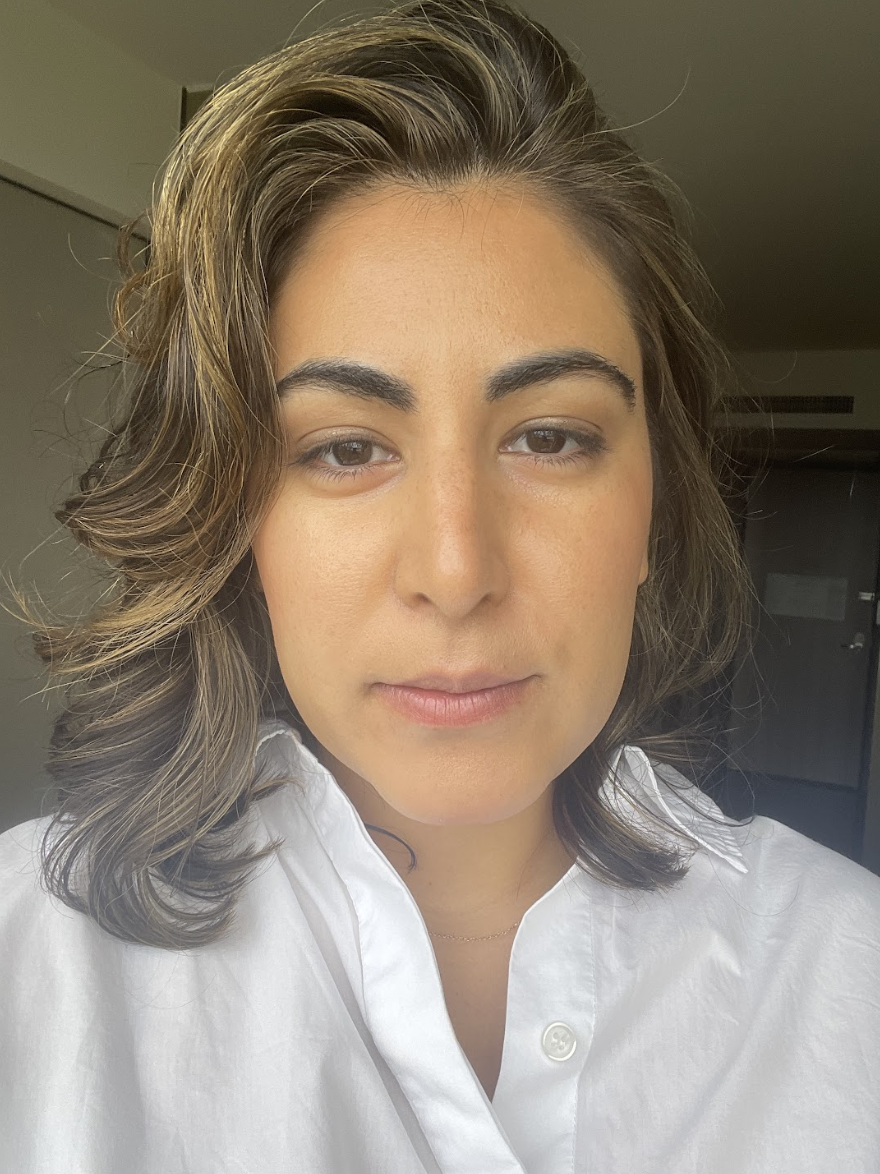
Lindsay Graciela Perna is a Mexican-American showrunner and executive producer, concepting and directing documentary series. Her latest project includes showrunning a Snap Originals docuseries, Run for Office, about young candidates running in local midterm races across the country. She served for several years at CNN as a lead producer, directing high-profile talent, creating network priority specials, and kickstarting Beme, a CNN production company created with famed YouTuber Casey Neistat, winning an Emmy® Award for 2012 Election Coverage, and being listed as a Peabody Award Finalist for Loneliest Club. Lindsay’s long-form projects include the feature documentary Duty Free, which premiered at DOCNYC and is distributed by PBS Independent Lens.
About
About POV
Produced by American Documentary, POV is the longest-running independent documentary showcase on American television. Since 1988, POV has presented films on PBS that capture the full spectrum of the human experience, with a long commitment to centering women and people of color in front of, and behind, the camera. The series is known for introducing generations of viewers to groundbreaking works like Tongues Untied (1989), Hearts of Darkness: A Filmmaker's Apocalypse (1992), Rabbit in the Room (1999), Of Civil Wrongs & Rights: The Fred Korematsu Story (2001), Made in L.A. (2007), American Promise (2013), Not Going Quietly (2021), While We Watched (2022), A House Made of Splinters (2022), The Last Out (2023) and the mini-series And She Could be Next (2020). Throughout its history POV has featured the work of award-winning, innovative filmmakers including Jonathan Demme, Laura Poitras, Nanfu Wang, Frederick Wiseman, Emiko Omori, Janus Metz Pedersen and Ava DuVernay. In 2018, POV Shorts launched as one of the first PBS series dedicated to bold and timely short-form documentaries. In 2024, Indiewire named seven POV films in its roundup of “The 50 Best Documentaries of the 21st Century”: Faya Dayi (2021), The Mole Agent (2020), Minding The Gap (2018), Cameraperson (2016), The Look of Silence (2015), The Act of Killing (2013) and After Tiller (2013). All POV programs are available for streaming concurrent with broadcast on all station-branded PBS platforms, including PBS.org and the PBS App, available on iOS, Android, Roku streaming devices, Apple TV, Android TV, Amazon Fire TV, Samsung Smart TV, Chromecast and VIZIO. For more information about PBS Passport, visit the PBS Passport FAQ website.
POV goes “beyond the broadcast” to bring powerful nonfiction storytelling to viewers wherever they are. Free educational resources accompany every film and a community network of thousands of partners nationwide work with POV to spark dialogue around today’s most pressing issues. POV continues to explore the future of documentary through innovative productions with partners such as The New York Times and The National Film Board of Canada and on platforms including Instagram.
POV films and projects have won 50 Emmy® Awards, 28 George Foster Peabody Awards, 16 Alfred I. duPont-Columbia University Awards, three Academy Awards® and the first-ever George Polk Documentary Film Award. Learn more at pbs.org/pov and follow @povdocs on social media.
About Latino Public Broadcasting
For over 25 years, Latino Public Broadcasting (LPB) has been developing award-winning film and digital media that explores the history, arts and culture of Latino Americans, bringing these powerful and illuminating stories to a national audience on PBS — on TV, online and on the PBS app.
LPB projects have spotlighted Latino contributions to the arts (Julia Alvarez: A Life Reimagined, John Leguizamo’s Road to Broadway, Raúl Julia: The World’s a Stage); told the story of Latino icons from Cesar Chavez to Dolores Huerta, Tito Puente to Celia Cruz, Ruben Salazar to Roberto Clemente; explored history and politics through a Latino lens (John Leguizamo’s American Historia, Latino Vote 2024); and told stories from Mexico, Puerto Rico and Latin America (Water for Life, Reportero), many as part of its signature PBS series VOCES.
LPB programs have won over 130 awards, including three prestigious George Foster Peabody Awards as well as Emmys, Imagen Awards and the Sundance Film Festival Award for Best Director, Documentary. LPB has been the recipient of the Norman Lear Legacy Award and the NCLR Alma Award for Special Achievement – Year in Documentaries. Sandie Viquez Pedlow is executive director of LPB; Edward James Olmos is co-founder and chairman.
About PBS
PBS, with more than 330 member stations, offers all Americans the opportunity to explore new ideas and new worlds through television and digital content. Each month, PBS reaches over 36 million adults on linear primetime television, more than 16 million users on PBS-owned streaming platforms, 53 million viewers on YouTube, and 60 million people view PBS content on social media, inviting them to experience the worlds of science, history, nature, and public affairs and to take front-row seats to world-class drama and performances. PBS’s broad array of programs has been consistently honored by the industry’s most coveted award competitions. Teachers of children from pre-K through 12th grade turn to PBS Learning Media for digital content and services that help bring classroom lessons to life. As the number one educational media brand, PBS KIDS helps children 2-8 build critical skills, enabling them to find success in school and life. Delivered through member stations, PBS KIDS offers high-quality content on TV — including a PBS KIDS channel — and streaming free on pbskids.org and the PBS KIDS Video app, games on the PBS KIDS Games app, and in communities across America. More information about PBS is available at PBS.org, one of the leading dot-org websites on the internet, Facebook, Instagram, or through our apps for mobile and connected devices. Specific program information and updates for press are available at pbs.org/pressroom or by following PBS Communications on X.
About American Documentary, Inc.
American Documentary, Inc. (AmDoc) is a multimedia organization dedicated to creating, identifying and presenting contemporary stories that express opinions and perspectives rarely featured in mainstream media outlets. AmDoc is a catalyst for public culture, developing collaborative strategic engagement activities around socially relevant content on television, online and in community settings. These activities are designed to trigger action, from dialogue and feedback to educational opportunities and community participation.
Major funding for POV is provided by PBS, the Open Society Foundations, The John D. and Catherine T. MacArthur Foundation, the Wyncote Foundation, Reva & David Logan Foundation, Park Foundation, and Perspective Fund. Additional funding comes from the National Endowment for the Arts, New York State Council on the Arts, public funds from the New York City Department of Cultural Affairs in partnership with the City Council, Chris and Nancy Plaut, Acton Family Giving, and public television viewers. POV is presented by a consortium of public television stations, including KQED San Francisco, WGBH Boston and THIRTEEN in association with WNET.ORG.